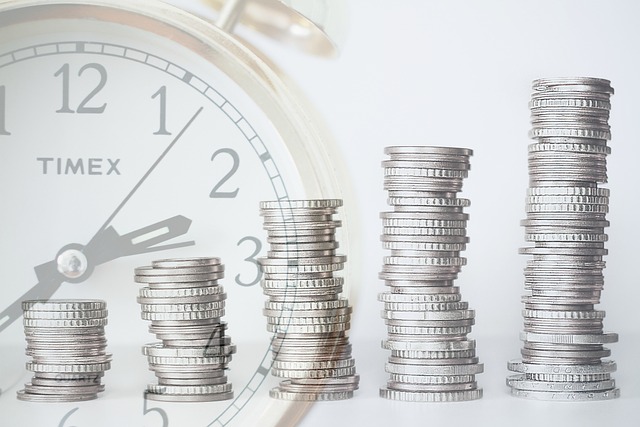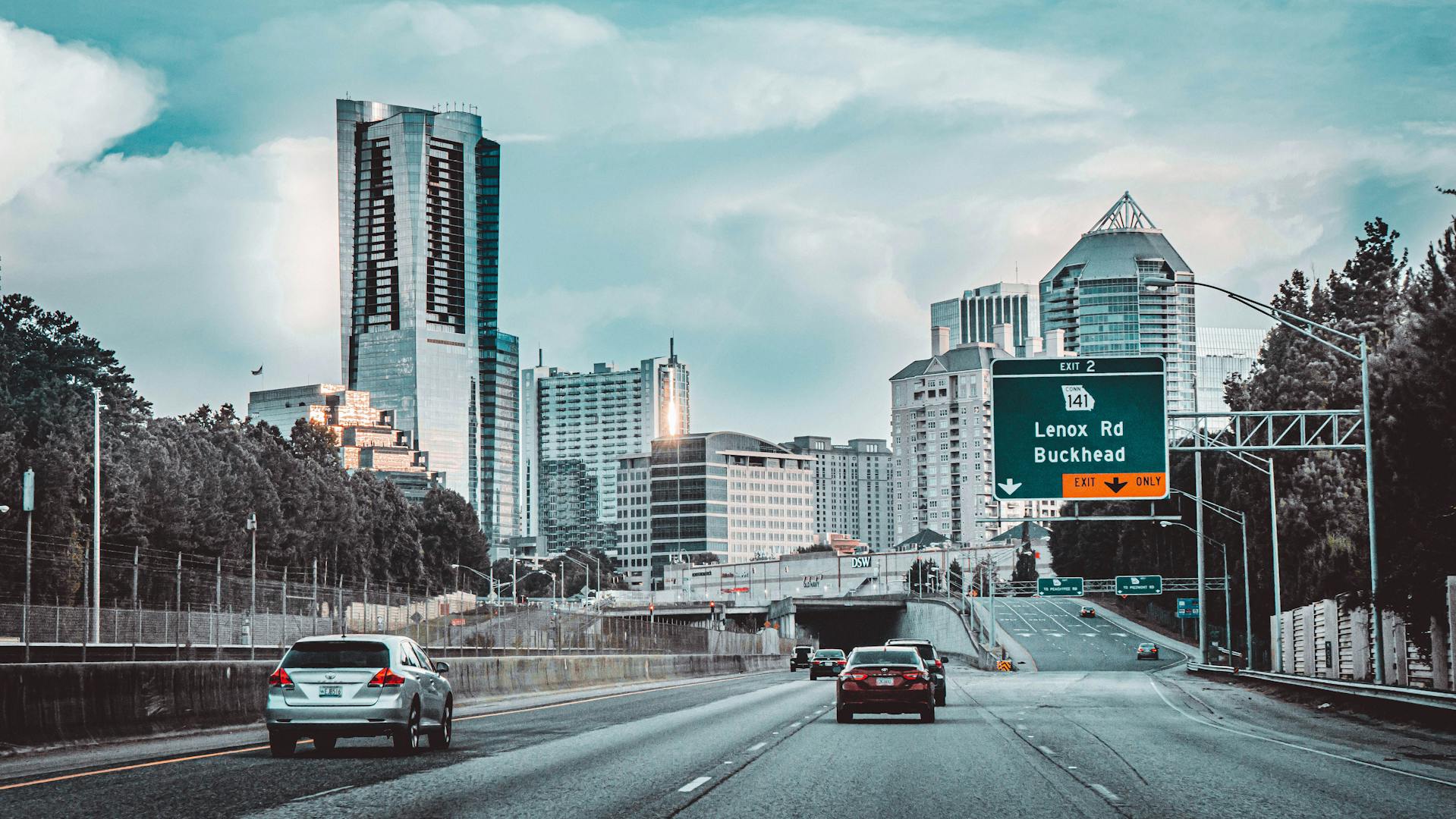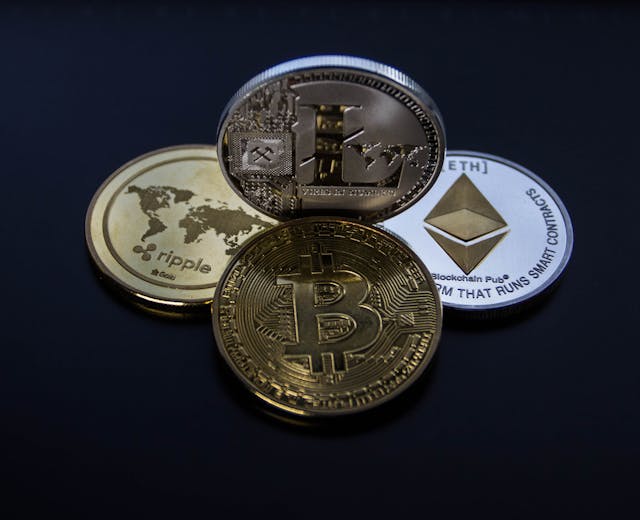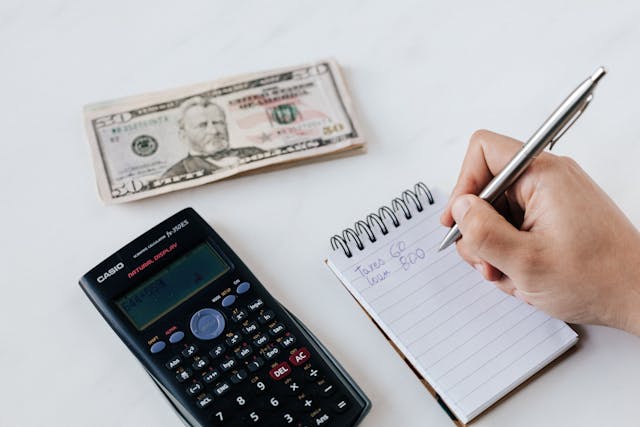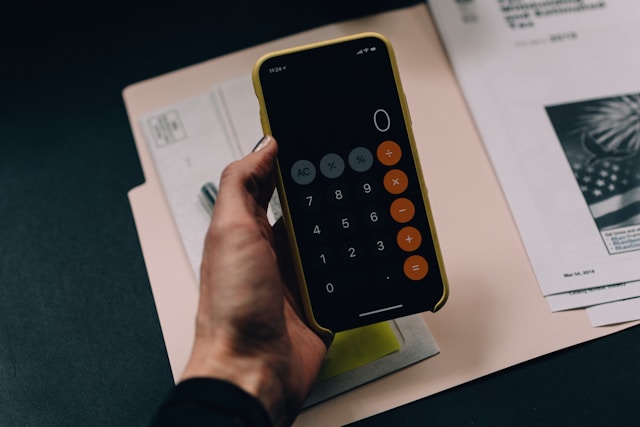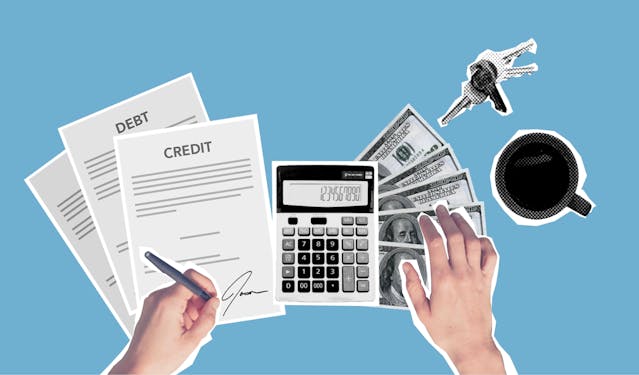Inflation is a term that is often thrown around in the news and economic discussions, but what does it really mean for the average person? In simple terms, inflation is the general increase in prices of goods and services over time. This means that the purchasing power of your money decreases as prices rise. Inflation is a natural part of a healthy economy, but when it rises too quickly, it can have a significant impact on individuals and their daily lives.
In this article, we will explore five items that are particularly vulnerable to the impact of inflation and how it affects them.
The Impact of Inflation on Housing
Housing is one of the most significant expenses for individuals and families, and it is also one of the most vulnerable to inflation. As the cost of living increases, so does the cost of housing. This can make it difficult for individuals to afford rent or mortgage payments, especially if their income does not increase at the same rate as inflation.
Inflation can also lead to a rise in interest rates, making it more expensive to borrow money for a home. This can make it challenging for first-time homebuyers to enter the market and can also make it difficult for current homeowners to refinance their mortgages.
The Inflation Impact on Food
Food is another essential expense that is heavily impacted by inflation. As the cost of living rises, so does the cost of producing and transporting food. This can lead to higher prices at the grocery store, making it more challenging for individuals and families to afford healthy and nutritious food.
Inflation can also affect the cost of dining out, as restaurants may need to increase their prices to cover their rising expenses. This can make it more difficult for individuals to enjoy a meal out or to support local businesses.
Inflation Rate and Transportation
Transportation costs, including gas prices and public transportation fares, are also heavily impacted by inflation. As the cost of living rises, so does the cost of producing and transporting goods, including fuel. This can lead to higher gas prices, making it more expensive for individuals to commute to work or travel.
Public transportation fares may also increase as a result of inflation, making it more expensive for individuals to use these services. This can be particularly challenging for low-income individuals who rely on public transportation to get to work or school.
The Monetary Policy and Education
Education is another area that is significantly impacted by inflation. As the cost of living rises, so does the cost of education. This can make it more challenging for individuals to afford tuition fees, textbooks, and other educational expenses.
Inflation can also affect the availability of financial aid and scholarships, as these programs may not be able to keep up with the rising cost of education. This can make it more difficult for individuals to pursue higher education and can limit their career opportunities.
The Inflation Impact on Healthcare
Healthcare is another area that is heavily impacted by inflation. As the cost of living rises, so does the cost of healthcare services and prescription drugs. This can make it more challenging for individuals to afford necessary medical care, especially for those with chronic conditions.
Inflation can also affect the cost of health insurance, making it more expensive for individuals to obtain coverage. This can be particularly challenging for those who do not have access to employer-sponsored health insurance and must purchase their own coverage.
How to Protect Yourself from the Impact of Inflation
While inflation is a natural part of a healthy economy, there are steps you can take to protect yourself from its impact. Here are a few strategies to consider:
Invest in Assets that Appreciate in Value
One way to protect yourself from the impact of inflation is to invest in assets that appreciate in value over time. This can include stocks, real estate, and precious metals. These assets tend to increase in value at a rate that outpaces inflation, helping you maintain your purchasing power.
Read More on our site on How to Invest in 2024 Here.
Diversify Your Investments
Diversifying your investments can also help protect you from the impact of inflation. By spreading your investments across different asset classes, you can reduce your risk and potentially earn higher returns. This can help you keep up with the rising cost of living and maintain your purchasing power.
Consider Inflation-Protected Securities
Inflation-protected securities, such as Treasury Inflation-Protected Securities (TIPS), are specifically designed to protect investors from the impact of inflation. These securities adjust their value based on changes in the Consumer Price Index (CPI), which measures inflation. This means that as inflation rises, the value of these securities also increases, helping you maintain your purchasing power.
Keep an Eye on Interest Rates
As mentioned earlier, inflation can lead to an increase in interest rates, which can make it more expensive to borrow money. If you have a variable interest rate on your mortgage or other loans, it may be worth considering refinancing to a fixed-rate loan to protect yourself from potential rate hikes.
Read more on Understanding the Basics of Interest Rates Here.
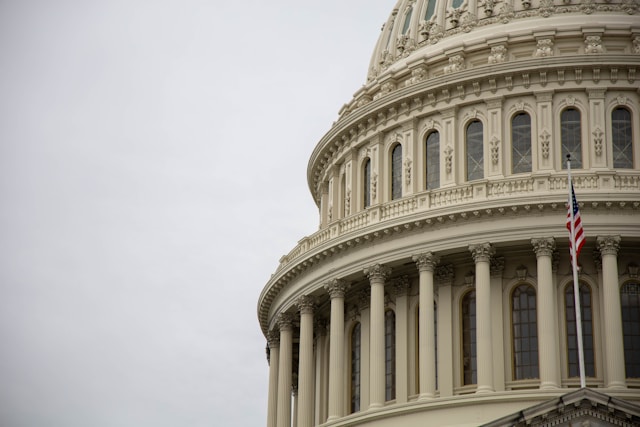
The Role of the Government in Managing Inflation
The government plays a crucial role in managing inflation through its monetary policy. The Federal Reserve, the central bank of the United States, is responsible for setting monetary policy, which includes controlling interest rates and the money supply.
When inflation is rising too quickly, the Federal Reserve may increase interest rates to slow down economic growth and keep prices in check. On the other hand, if inflation is too low, the Federal Reserve may lower interest rates to stimulate economic growth and increase prices.
Conclusion
Inflation is a natural part of a healthy economy, but it can have a significant impact on individuals and their daily lives. Housing, food, transportation, education, and healthcare are just a few of the areas that are heavily impacted by inflation. By understanding how inflation affects these items, you can take steps to protect yourself and your finances. Diversifying your investments, investing in assets that appreciate in value, and keeping an eye on interest rates are just a few strategies to consider. Additionally, the government plays a crucial role in managing inflation through its monetary policy. By staying informed and taking proactive steps, you can mitigate the impact of inflation and maintain your purchasing power.













